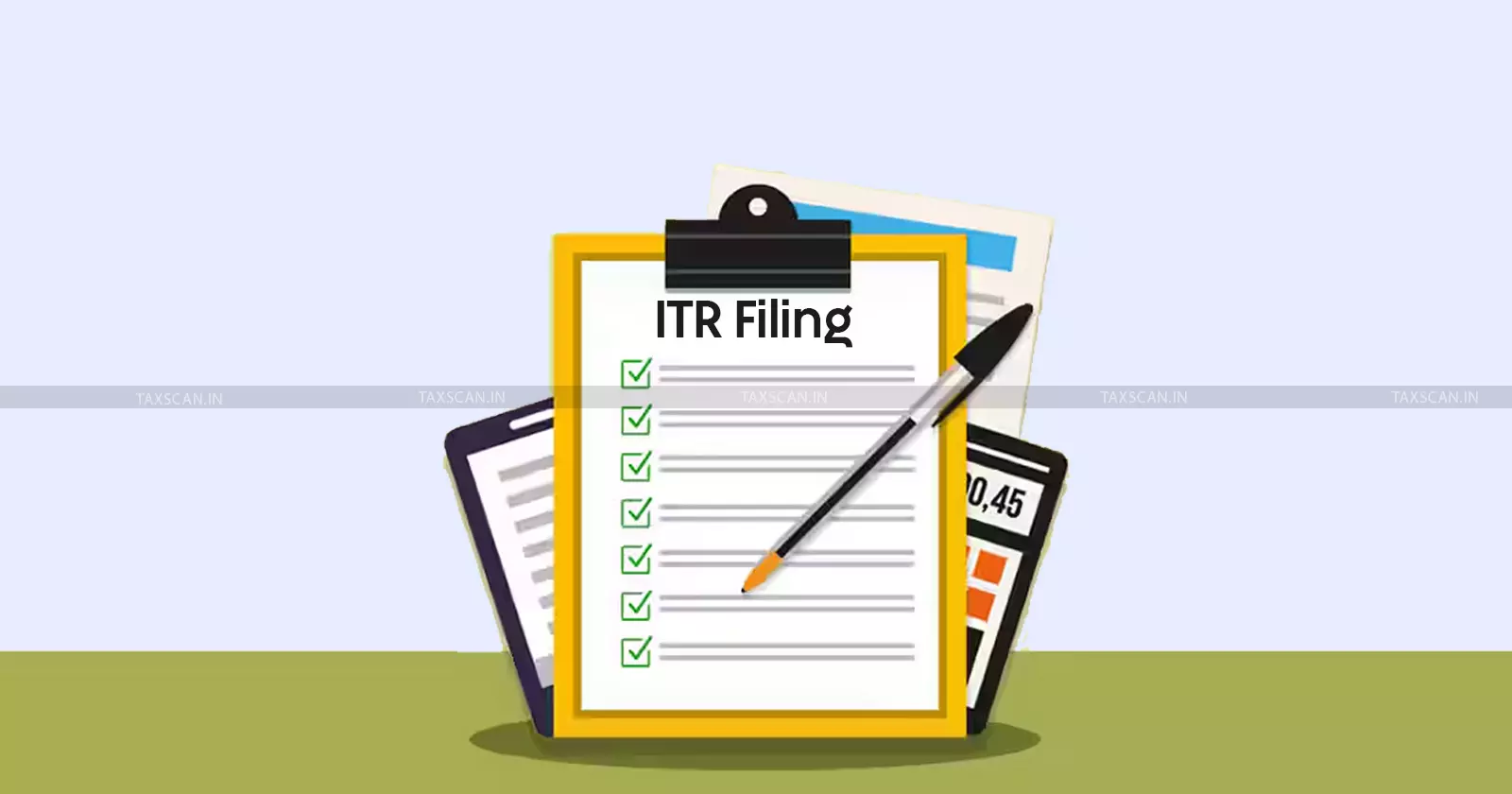MSME Payment Reporting Overhaul for ITR Filing: Must-Know Updates in Form 3CD Audit Report
The update also tightens enforcement of Section 43B(h), disallowing deductions for any payments to MSMEs not made within the prescribed 45-day window

The Income Tax Department has implemented many changes to Clause 22 of Form 3CD for the current tax audit season. Businesses must now disclose both on-time and delayed payments to Micro, Small, and Medium Enterprises (MSMEs), beyond the previously reportable late payments.
As the tax audit season kicks into full throttle, businesses supposed to undergo audits under Section 44AB must take note of the recent revisions to Clause 22 of Form 3CD relating to payments to Micro, Small, and Medium Enterprises (MSMEs). Introduced to align with the MSMED Act, these amendments expand reporting requirements in line with the disallowance provisions of Section 43B(h) of the Income Tax Act, 1961.
Expanded Disclosure under Clause 22
Previously, Clause 22 of Form 3CD required reporting only of amounts payable to MSMEs that remained unpaid beyond the 45-day time limit.
Under the revised format, tax auditors must record:
Total Amount Payable to MSMEs (Clause 22(ii)) and Breakdown of Payments (Clause 22(iii))
The aggregate sum due to all MSME suppliers during the financial year, regardless of payment timing.
Clause 22(iii)(a): Amounts paid within 45 days of invoice receipt, as mandated by the MSMED Act.
Clause 22(iii)(b): Amounts not settled within the 45-day period.
This change ensures full visibility of cash-flow obligations towards MSMEs and underscores the importance of complying with the MSMED Act’s payment timelines.
Implications of Section 43B(h)
Section 43B(h) disallows deductions for any sum payable to an MSME supplier that is not paid within the statutory period. Tax auditors will be now able to identify late payments more readily, and companies may face the following consequences:
Any delayed payment reported under Clause 22(iii)(b) must be added back to the taxpayer’s income, increasing taxable profits. Repeated non-compliance may attract interest and penalties under the MSMED Act, compounding the tax impact.
For Eg:- Consider XYZ Pvt. Ltd., which owed ₹10 lakhs to various MSME vendors during FY 2024–25. Under the revised Form 3CD:
₹7 lakhs (70%) paid within 45 days is reported under Clause 22(iii)(a).
₹3 lakhs (30%) paid late is reported under Clause 22(iii)(b), and this amount will be disallowed under Section 43B(h).
Action Points for Tax Auditees
- Maintain detailed records of invoice dates and payment dates for all MSME suppliers.
- Ensure the Form 3CD working papers capture total and bifurcated payment figures.
- Institute internal controls to clear MSME invoices within the 45-day window to avoid disallowances.
- Amend payment approval workflows to prioritize MSME obligations and mitigate audit risks.
Companies with extensive vendor networks, particularly in manufacturing, construction and retail must now integrate MSME payment monitoring into their ERP and accounting systems. Automated alerts for impending 45-day deadlines can help avoid inadvertent breaches, while dashboard reports can provide real-time visibility of accrued liabilities to small suppliers.
From an audit perspective, practitioners should plan for additional fieldwork. Sample testing must extend beyond simply verifying delayed payments; auditors will need to substantiate the completeness of disclosures by tracing a representative selection of on time payments back to bank statements or electronic fund-transfer confirmations.
Businesses should also assess whether the client maintains a valid directory of MSME registration numbers (Particulars to be furnished under the MSMED Act) and has processes to capture any changes in vendor status.
Support our journalism by subscribing to Taxscan premium. Follow us on Telegram for quick updates


